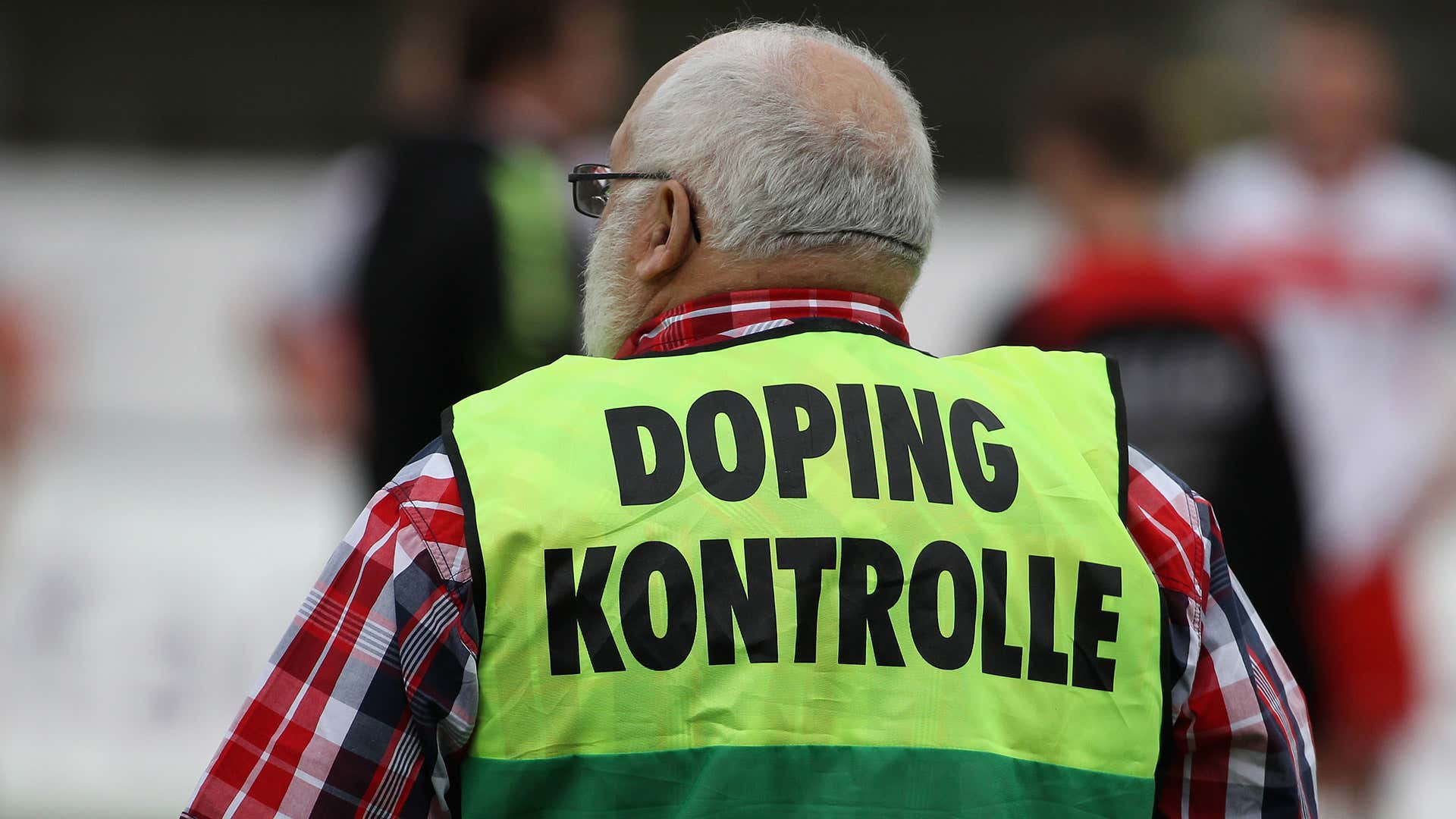Doping in football: What is it, why do players do it & famous allegations
Oct 14th 21

The halftimers takes a look at what doping entails, how severe of a problem it is within the sport and the punishment footballers can face
Cases of doping are infrequently reported or discovered in association football, unlike other sports such as cycling and athletics that have been rocked by major scandals over the years.
There have only been a handful of high-profile cases involving players who have been alleged to use illegal substances for doping purposes.
But what exactly is doping in football, how prominent is it within the sport and how is it different from recreational drug activity? How severe is the punishment for players who have been found guilty of consumption of performance-enhancing materials? Thehalftimers takes a look.
What is doping in football, and what are its effects?t
Doping is the consumption of performance-enhancing materials and banned substances that are designed to improve sporting performance.
In football, that could mean increased stamina or strength. A player who is doping may have the edge in extra time, or be able to increase their sprint speed for crucial matches thanks to their use.
The International Olympic Committee (IOC) defines doping as "the intentional or unintentional use of prohibited substances and prohibited methods on the current doping list".
Since 2004, the World Anti-Doping Agency's (WADA) definition in the World Anti-Doping Code has been accepted as the international standard.
Doping has been banned in sport by FIFA
Athletes who consume banned stimulants are risking their emotional, mental and physical health with long-lasting damage. Several doping substances not only negatively impact the physicality of the athlete, but can also impair the mental state of the player – with side-effects including anxiety, hallucinations and psychosis.
Many athletes will feel under considerable pressure to constantly perform at the highest levels – both by themselves and their peers – and, as shown by cases across sports, some will be tempted to resort to doping to enhance their chances of winning. Young athletes at the start of their career are especially prone to this pressure.
Athletes who have suffered substantial injuries will be tempted to dope in the hopes of accelerating their healing process. Doping testing out of competition - when an athlete is injured and not training - is a challenge for some sports.
Ignorance, peer pressure and a lack of insight about the negative effects of doping leads to some athletes taking substances that they don't know are banned. They may not be aware that the substances that they have chosen to take are forbidden, leading to positive doping tests through wrong diet or food supplements, but ignorance often doesn't prevent lengthy bans.